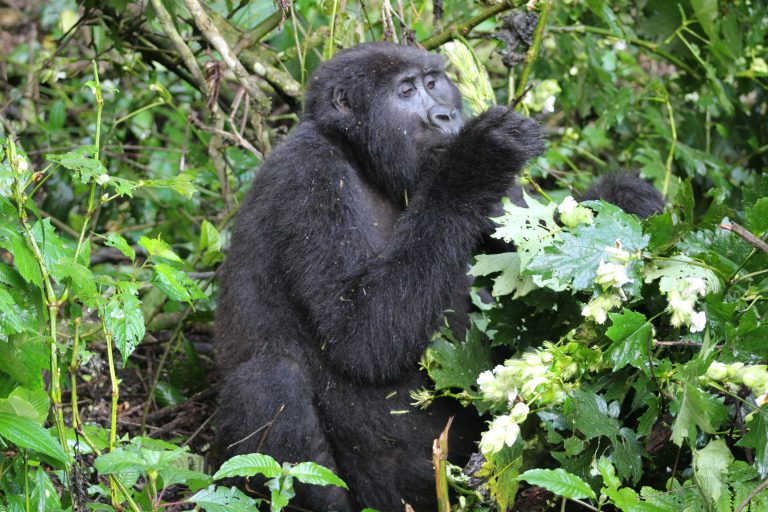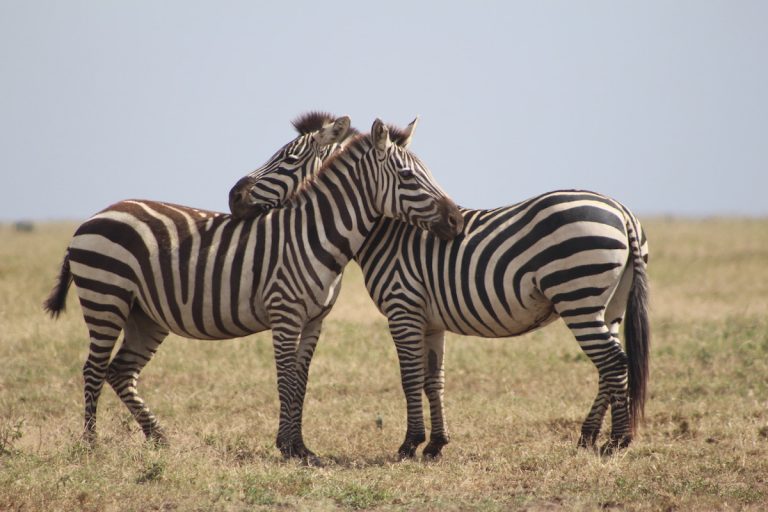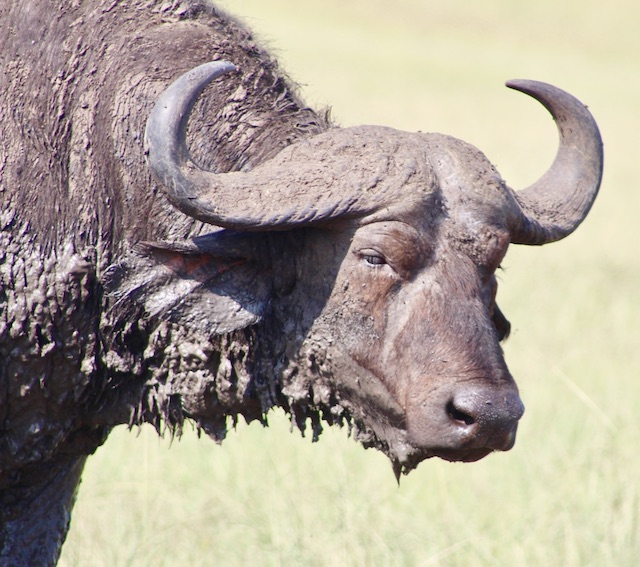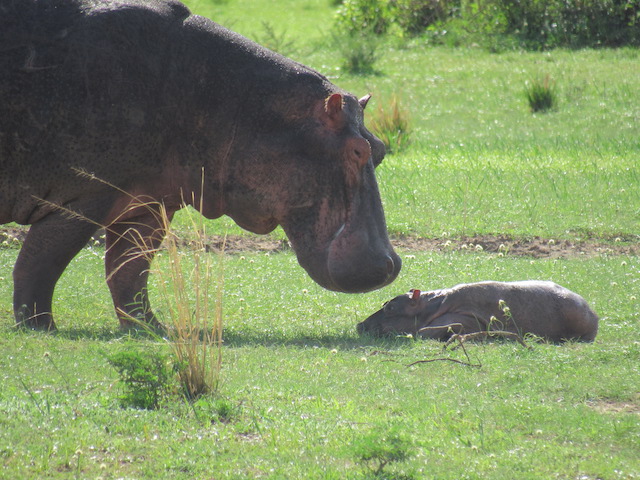It is very understandable to be concerned about the safety of going into the Bwindi impenetrable forest. Some of the concern stems from the thickness of the forest, and for others it is because part of forest borders the DR Congo. Bwindi Impenetrable National Park is home to half of the world’s endangered Mountain gorillas. Many people come to Uganda to see these magnificent animals but are later drawn in by the warmth and kindness of Ugandans. The forest is also home to several birds species including the Albertine rift endemics.
Bwindi Impenetrable National Park has many big trees that form a large umbrella making it hard for sunlight to penetrate through in some areas. There are thick bushes below the trees making it hard to walk through. In some areas paths have been created making it possible to meander through the thick forest.
One of the biggest challenges is the steep slopes of the forest as it found on the mountainous terrain. We advise that you get into the forest with proper hiking shoes and a walking stick while on gorilla trek because gorillas keep moving in areas with no paths. And while on this trek remember to carry a raincoat because Bwindi forest being a tropical forest the rain comes any time.
The park rangers visit the forest every day before the guide and clients enter the forest. You have armed guides when you enter the forest for further protection in case you meet forest elephants and buffaloes ticked off by whatever reasons. It is good to follow the ranger guides instructions and not leave the trail because you can easily lose your way around.
When it comes to safety around the mountain gorillas, they are generally peaceful animals and not aggressive as baboons or even humans. It is therefore safe enough to be in their presence but with some precaution. For example, the gorillas are not used to bright light and so flashes from a camera can easily surprise them and make them defensively violent. But tourists are briefed about all the precautions at the park office before starting a gorilla trek.
The gorillas tracked by tourists in Bwindi Impenetrable National Park undergo a habituation process where they get fairly used to humans and know that being in their presence you are not a danger to them which would normally cause them to attack you in defense.
There is no need to worry about contracting diseases from the mountain gorillas. Instead it is the gorillas’ health that is on the line when tourists visit them. Tourists are therefore not allowed to go on a gorilla trek if they are sick with cough and flu. This is to protect the endangered gorillas from falling sick. You are also advised to keep a safe distance of about 8 metres from them. Of course once in a while a stubborn young gorilla will want to touch a visitor but you are cautioned to stay put and relax.
All in all it is safe to visit Bwindi Impenetrable National Park and the many other parks in Uganda. The security agencies work hand in hand with the park rangers to provide secure areas. The local people are involved in community policing because they know the benefit of tourism in their area. Come and experience the beautiful gentle giants of Bwindi forest.





